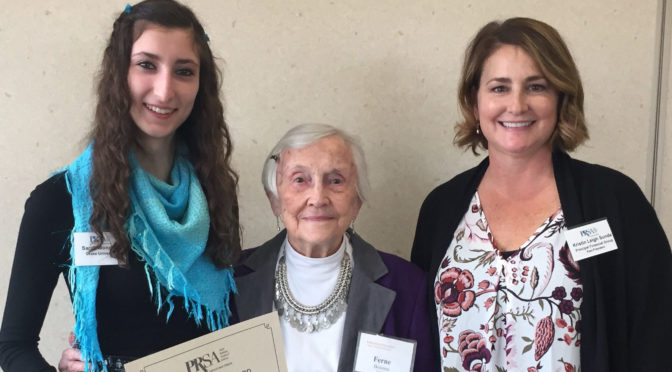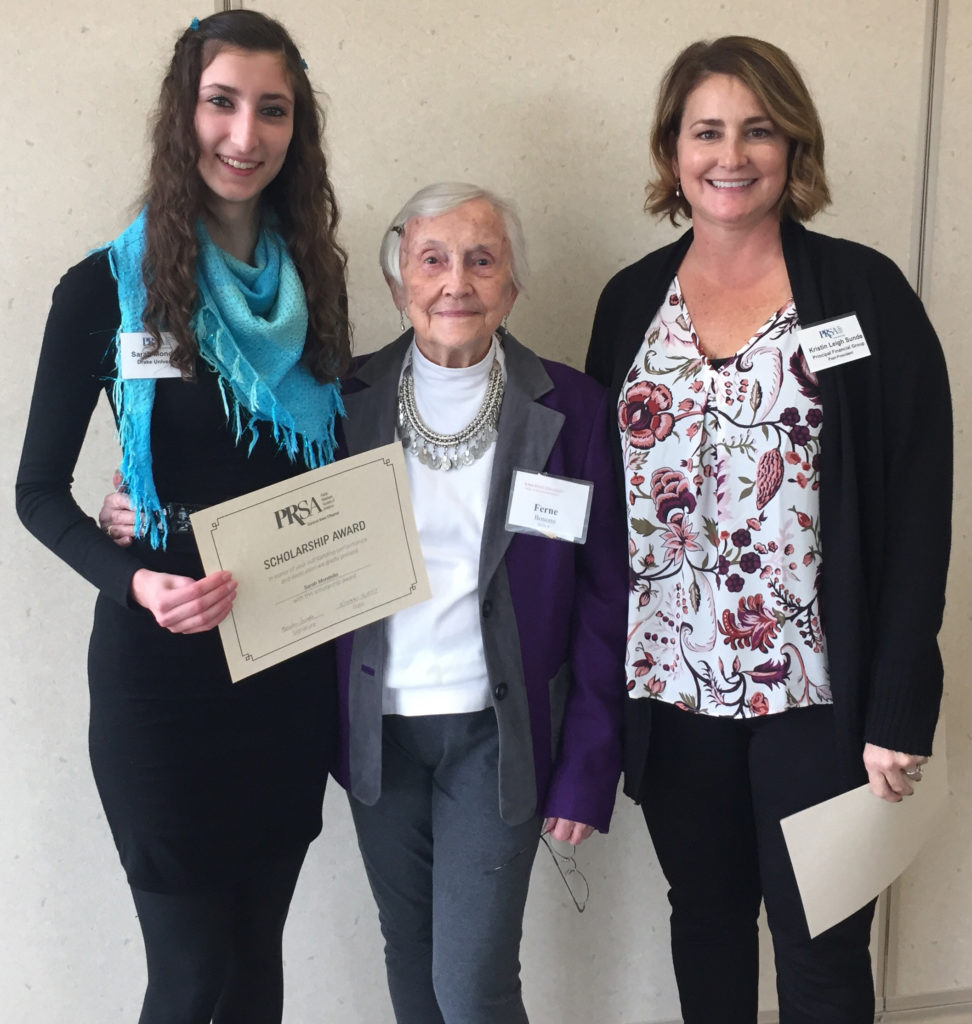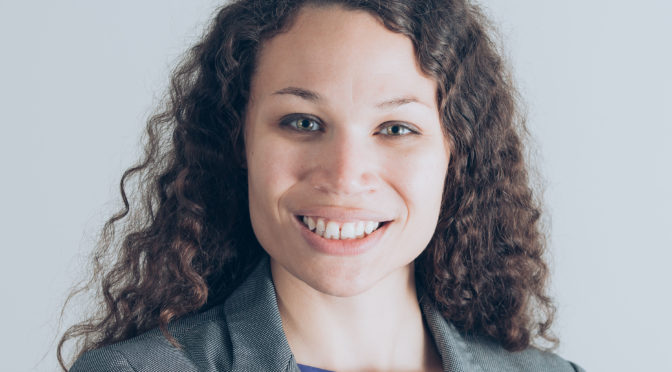New this year, Drake Associate Provost for Campus Equity and Inclusion Erin Lain convened an Equity Action Partner program to examine ways to help Drake thrive as a place where all members of our increasingly diverse community feel that they truly belong. In addition to the program, each college has its own diversity committee that focuses on issues of equity and inclusion.
Lain shared her thoughts with OnCampus about the mission of the Equity Action Partner program, why diversity and inclusion are so important to the University, and how faculty, staff, and students can work together to achieve a sense of community for all.
Let’s start with the big picture. What is your role when it comes to diversity and inclusion?
Erin Lain: My role is to help the institution live up to its commitment to diversity. I try to achieve this by helping our colleges and departments set goals surrounding equity and inclusion; bring activities, speakers, and dialogues to campus to help our community understand issues of systemic oppression; and support our current efforts to be a more diverse and inclusive campus.
Why are diversity, inclusion, and belonging so important to foster in a University community? How does it strengthen Drake?
Erin Lain: Being inclusive, seeking equity, and valuing diversity aligns with our institutional mission to help our students and community members achieve meaningful personal lives, professional accomplishments, and responsible global citizenship. Being inclusive of all identities on campus and beyond is part of maintaining an excellent academic environment, but we also must seek equity, which requires us to examine and work to correct systemic and historic issues that privilege some and oppress others. Helping our community to do this work helps develop responsible global citizens.
What does the data say today about diversity and inclusion at Drake?
Erin Lain: We have certainly made progress, but if you look at statistics, with representation for marginalized groups, they are not proportionally represented among the faculty, staff, and student populations at Drake. There are disparities in retention and graduation rates, experiences of hate and exclusion, and feelings of not being a part of the community. Meaningful change takes time. I’m proud of our accomplishments, but we have much more work to do, which is why we created the Equity Action Program and are implementing specific, actionable strategies to create a more inclusive and equitable institution.
What is your view of the Equity Action Partner program’s role? What is its focus?
Erin Lain: Each Equity Action Partner serves in the following ways for their department and the University as a whole:
- Being available for people who need to talk about their equity concerns and experiences in an informal, non-judgmental setting—analogous to the “safe zone” members available to GLBTQ campus community.
- Assist or facilitate equity and inclusion trainings on campus.
- Assist the University to achieve continuous improvement goals surrounding diversity, equity, and inclusion.
- Promoting the values of inclusion and diversity embodied in the Drake University Diversity Statement.
- Being informed of equity related policies, procedures, and resources on campus.
- Serve on an advisory group to the Associate Provost for Campus Equity and Inclusion.
Do you and/or Equity Action Partners have ideas about ways that we might be able to bring people together? What initiatives are in place?
Erin Lain: Several strategies and plans have already been implemented to live out our commitment to diversity. A few of these initiatives include:
- Developing a post-doctoral fellowship program for faculty from underrepresented groups
- Implementing identity, bias, and privilege training for new and FYS faculty, and other interested departments.
- Working to improve the hiring process by introducing a seven-step plan to diversify our hiring pools, including providing implicit bias training for all hiring committees.
- Working with admission to expand markets and messaging in diverse places
- Hosting College Prep Day to bring high school students of color and from lower socio-economic statuses to learn about Drake and the college application process
- Working to develop a first-year class on diversity and inclusion and a center for inclusive learning
- Working with LGBT alumni to develop sustainable events
When we talk about diversity and inclusion, we’re talking about it quite broadly. It encompasses more than just race and ethnicity, but ideological and political differences. Can you explain?
Erin Lain: Inclusivity means embracing all that makes us unique and different. This means that we not only recognize those identities that make us who we are, but actively learn about them, celebrate them, and seek to understand our own unique socio-cultural identities. Being a Drake community member means that we actively engage in these four parts of inclusivity on a daily basis.
Why is it important to be intentional about belonging and inclusion?
Erin Lain: Our country and culture have a long history of not treating all people equally. We have seen great strides in civil rights for certain groups that have been historically marginalized, but these strides did not come naturally with time. They involved great effort, great sacrifice, and great cultural shifts. Just being nice will not repair some of the systemic and cultural issues that exist; we must be intentional to affect change.
What can the average student, faculty, or staff member do to help foster an inclusive community? Are there initiatives people can join or get involved with?
Erin Lain: The average student, faculty, and staff member can:
- Engage in the four behaviors of inclusion (outlined in question six).
- Participate in events that discuss diversity, equity, and inclusion.
- Seek to educate themselves on systems of oppression that exist within our society.
- Speak out when they see behavior that is not inclusive or equitable.
- Forward ideas to me or an Equity Action Partner about how we can work toward inclusive excellence at Drake.
This work does not come easy, and sometimes it feels like we aren’t making progress, particularly when you look at statistics, but every ounce of effort matters and does make a difference.
OnCampus exclusive



